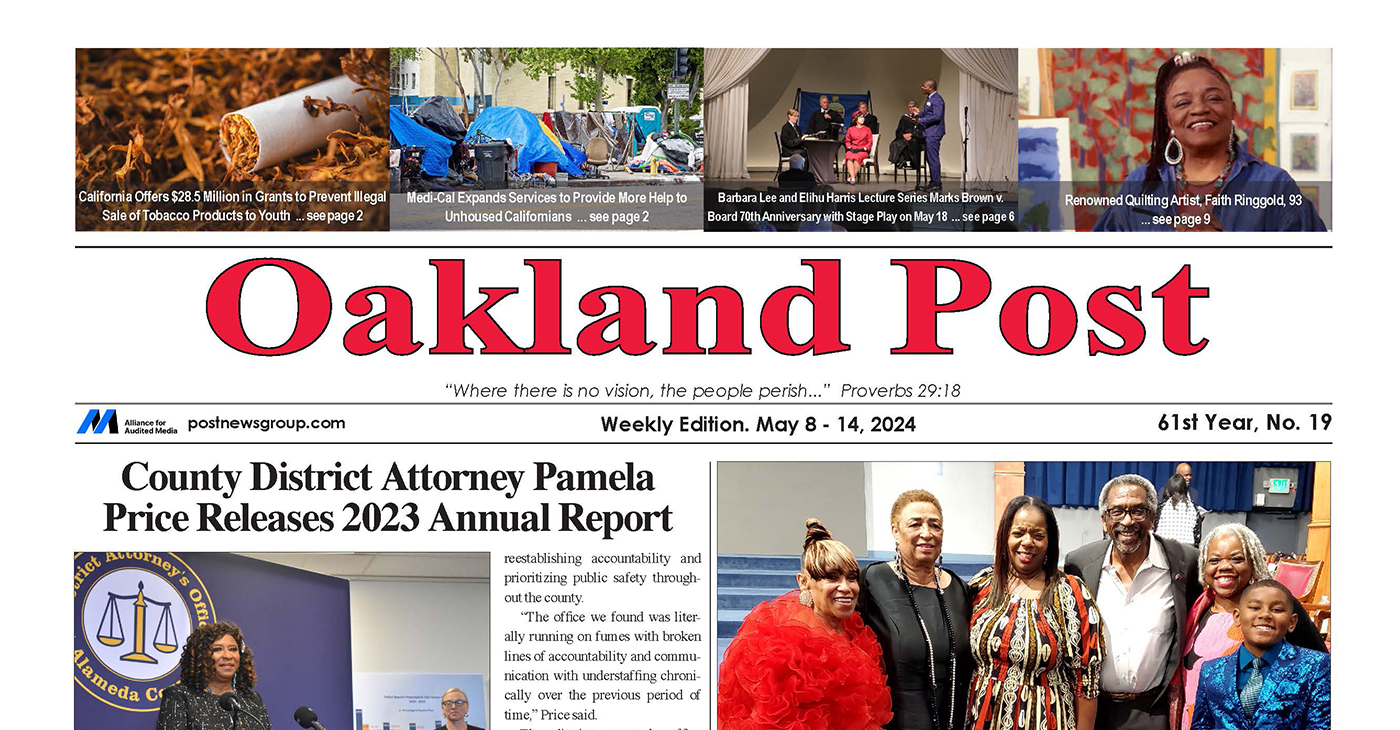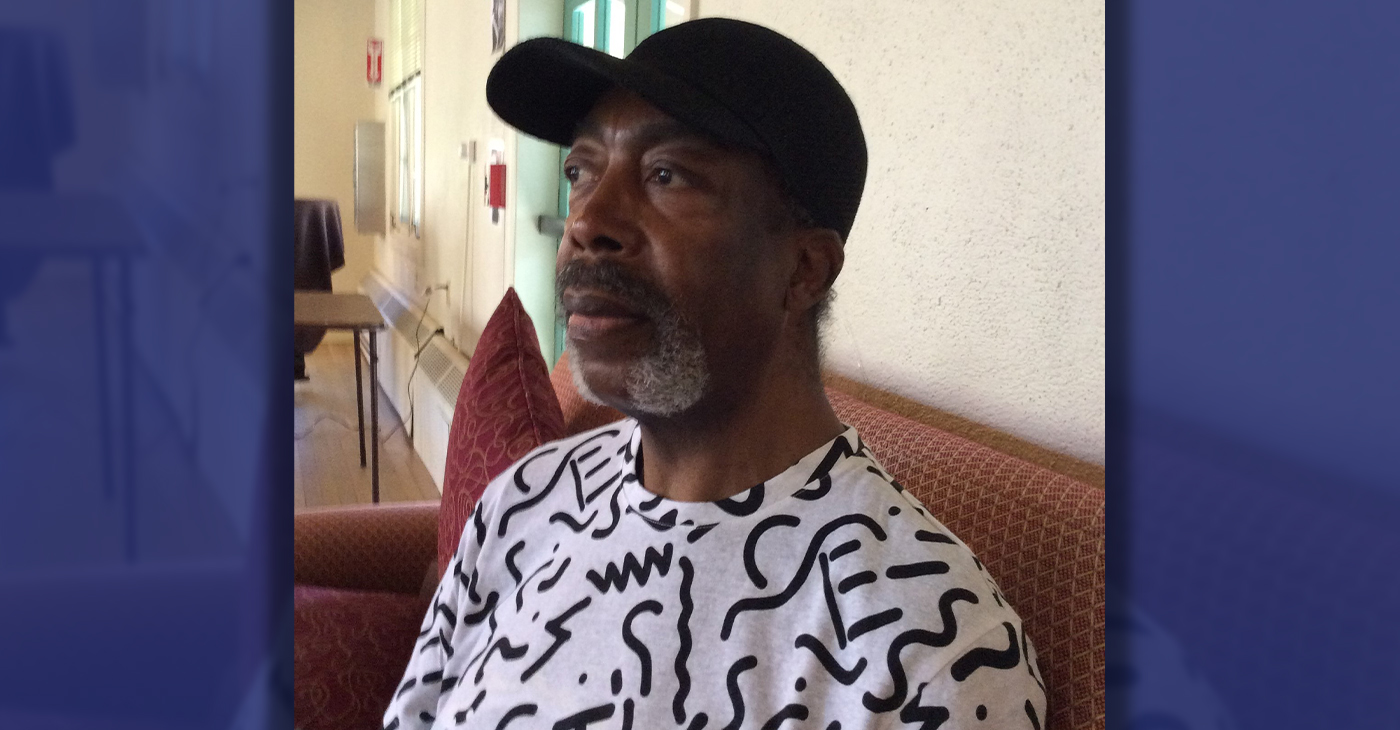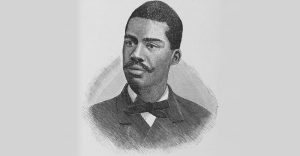Business
Black Women Face Challenges in Building Wealth
By Jazelle Hunt
NNPA Washington Correspondent
WASHINGTON (NNPA) – Black women are the only group that has not recovered the jobs they lost in the recession. Five years into national recovery, the unemployment rate for Black women has even risen a little since December, from 8.2 percent to 9.2 percent.
On the flip side, employment brings its own unique difficulties for Black women, too.
According to a new report commissioned by Essence magazine, 80 percent of Black women surveyed believed that they could not advance in their careers without altering aspects of their identities. Additionally, 57 percent believed that they had to “look a certain way” to be promoted, compared to 39 percent of White women who thought similarly.
And while Black women are more optimistic, ambitious, and self-confident in their careers than their White counterparts, they are much more likely to say they are different at home than they are at work.
“…[T]he additional hurdle of real or perceived stereotypes complicates the work experience. The conversation around work/life balance for Black women also impacted by the reality of pay inequities and higher levels of unemployment in our communities which may necessitate working multiple jobs to make ends meet,” says Essence editor-in-chief Vanessa K. De Luca.
“We know that African-American women are three times as likely to be head of household in comparison to the general population, therefore success at work is both a personal and an economic priority.”
One thing that holds true for Black is the challenge of building wealth.
The median wealth, or net worth, among single Black women is just $100; and if they are raising minors they have no wealth at all, according to a recent analysis of data from the federal Survey of Consumer Finances. In fact, nearly half of all households headed by a single Black woman in 2007 had zero or negative wealth.
The median wealth among single White women is $41,500 and only climbs as they age. Meanwhile, 1 in 4 Black women over the age of 65 who receives Social Security benefits rely on it as their only source of income.
“Wealth is something like a security package,” says William Darity, economics professor at Duke University, speaking on a panel sponsored by the African American Policy Foundation (AAPF). “For those who lack wealth, they find themselves in precarious, vulnerable situations…and those faced by Black women are perhaps more severe.”
Recession job losses hit Black women especially hard, since most of the downsizing took place in the service and public sectors where Black women are overrepresented. Additionally, wages have stagnated as the cost of living continues to rise, from housing to childcare to education.
Even if wages had been growing, the wage gap persists – and not even education can bridge the chasm. Consider: Black women with master’s degrees earn slightly less than Black men with bachelor’s, and White men, Asians, and Latinos with associates or post-secondary degrees, according to data from the 2013 Census Current Population Survey.
And even without the gap, wages alone are not enough to build wealth.
“The major way in which people acquire significant wealth in this country is through inheritances or gifts,” Darity says. “When people say Black people are somehow inferior, or are doing something wrong as to why they don’t have wealth, that is completely wrong.”
Alternatively, wealth can be generated through strategic investments, such as land ownership, stock, appreciating valuables (such as wines and collectibles), and even creating or backing successful start-ups. Black people tend to have poor access to these avenues. Wage disparities do not leave much disposable income for these options, and traditional lenders are notoriously predatory and/or discriminatory to Black people seeking funding.
A high net worth offers cushion from unexpected emergencies, and allows families to rely less on individual paychecks for financial stability. Because of this, social safety net programs are often the only thing keeping middle- and lower-class Black families from sliding into destitution when living check-to-check fails.
“The cruelty is… in these same policies that purport to help,” says George Lipsitz, chair of the AAPF board and board member of the National Fair Housing Alliance, also speaking on the panel. “They prosecute Black women for their poverty…deprive them of their parental rights, and it’s all made possible by the litany that people who have problems are the problem.”
As justice movements bubble up around the country, issues affecting Black women are gaining more attention. With recent reports such as “Black Girls Matter: Pushed Out, Overpoliced, and Underprotected”; “Black Women in the United States, 2015”; and “In Our Own Voice: Black Women on Abortion, Contraception and Reproductive Justice,” researchers are laying the tracks for change with conclusive, targeted data.
“We have to challenge the narrative that because we have historically overcome obstacles, there is no need to remove these obstacles,” says Janine Jackson, program director for Fairness & Accuracy In Reporting and moderator of the AAPF panel. “We have to figure out, what would a new economic agenda that addresses these obstacles look like?”
###
Activism
Oakland Post: Week of May 8 – 14, 2024
The printed Weekly Edition of the Oakland Post: Week of May May 8 – 14, 2024

To enlarge your view of this issue, use the slider, magnifying glass icon or full page icon in the lower right corner of the browser window. ![]()
Bay Area
Mayor Breed Proposes Waiving City Fees for Night Markets, Block Parties, Farmers’ Markets, Other Outdoor Community Events
Mayor London N. Breed introduced legislation on April 26 to encourage and expand outdoor community events. The first will waive City fees for certain events, making them less costly to produce. The second will simplify the health permitting for special event food vendors through the creation of an annual permit. Both pieces of legislation are part of the Mayor’s broader initiative to bring vibrancy and entertainment to San Francisco’s public right of ways and spaces.

Mayor’s Press Office
Mayor London N. Breed introduced legislation on April 26 to encourage and expand outdoor community events.
The first will waive City fees for certain events, making them less costly to produce. The second will simplify the health permitting for special event food vendors through the creation of an annual permit. Both pieces of legislation are part of the Mayor’s broader initiative to bring vibrancy and entertainment to San Francisco’s public right of ways and spaces.
Outdoor community events are integral to San Francisco’s vibrant culture and sense of community. These events include night markets, neighborhood block parties and farmers markets, and bolster the City’s economy by supporting local businesses and attracting tourists eager to experience San Francisco’s unique charm and food scene.
They offer residents, workers and visitors, opportunities to engage with local artists, musicians, and food vendors while enjoying the San Francisco’s stunning outdoor spaces and commercial corridors.
The legislation will allow for more and new community gatherings and for local food vendors to benefit from the City’s revitalization.
“San Francisco is alive when our streets are filled with festivals, markets, and community events,” said Breed. “As a city we can cut fees and streamline rules so our communities can bring joy and excitement into our streets and help revitalize San Francisco.”
Fee Waiver Legislation
The events that can take advantage of the new fee waivers are those that are free and open to the public, occupy three or fewer city blocks, take place between 8 a.m. and 10 p.m., and have the appropriate permitting from the ISCOTT and the Entertainment Commission.
The applicant must be a San Francisco based non-profit, small business, Community Benefit District, Business Improvement District, or a neighborhood or merchant association. Fees eligible for waiver include any application, permit, and inspection/staffing fees from San Francisco Municipal Transportation Agency, Department of Public Health, Fire Department, Entertainment Commission, and Police Department.
Currently, it can cost roughly anywhere between $500-$10,000 to obtain permits for organized events or fairs, depending on its size and scope. Organizations and businesses are limited to a maximum of 12 events in one calendar year for which they can receive these fee waivers.
Food Vendor Streamlining Legislation
The second piece of legislation introduced will help special event food vendors easily participate in multiple events throughout the year with a new, cost-effective annual food permit. Food vendors who participate in multiple events at multiple locations throughout the year will no longer need to obtain a separate permit for each event. Instead, special event food vendors will be able to apply and pay for a single annual permit all at once.
“Many successful food businesses either begin as pop-up vendors or participate in special events to grow their business,” says Katy Tang, Director of the Office of Small Business. “Giving them the option for an annual special event food permit saves them time and money.”
Currently, food vendors are required to get a Temporary Food Facility (TFF) permit from the Department of Public Health (DPH) in order to participate in a special event, among permits from other departments.
Currently, each special event requires a new permit from DPH ranging from $124-$244, depending on the type of food being prepared and sold. Last year, DPH issued over 1,500 individual TFF permits. With the new annual permit, food vendors selling at more than four to six events each year will benefit from hundreds of dollars in savings and time saved from fewer bureaucratic processes.
“This legislation is a step in the right direction to make it easier for food vendors like me to participate in citywide events,” said Dontaye Ball, owner of Gumbo Social. “It saves on time, money and makes it more effective. It also creates a level of equity.”
Bay Area
Faces Around the Bay: Sidney Carey
Sidney Carey was born in Dallas, Texas. He moved with his family to West Oakland as a baby. His sister is deceased; one brother lives in Oakland. Carey was the Choir Director at Trinity Missionary Baptist Church for 18 years.

By Barbara Fluhrer
Sidney Carey was born in Dallas, Texas. He moved with his family to West Oakland as a baby. His sister is deceased; one brother lives in Oakland.
Carey was the Choir Director at Trinity Missionary Baptist Church for 18 years.
He graduated from McClymonds High with a scholarship in cosmetology and was the first African American to complete a nine-month course at the first Black Beauty School in Oakland: Charm Beauty College.
He earned his License, and then attended U.C., earning a secondary teaching credential. With his Instructors License, he went on to teach at Laney College, San Mateo College, Skyline and Universal Beauty College in Pinole, among others.
Carey was the first African American hair stylist at Joseph and I. Magnin department store in Oakland and in San Francisco, where he managed the hair stylist department, Shear Heaven.
In 2009, he quit teaching and was diagnosed with Congestive Heart Failure. He was 60 and “too old for a heart transplant”. His doctors at California Pacific Medical Center (CPMC) went to court and fought successfully for his right to receive a transplant. One day, he received a call from CPMC, “Be here in one hour.” He underwent a transplant with a heart from a 25-year- old man in Vienna, Austria
Two years later, Carey resumed teaching at Laney College, finally retiring in 2012.
Now, he’s slowed down and comfortable in a Senior Residence in Berkeley, but still manages to fit his 6/4” frame in his 2002 Toyota and drive to family gatherings in Oakland and San Leandro and an occasional Four Seasons Arts concert.
He does his own shopping and cooking and uses Para Transit to keep constant doctor appointments while keeping up with anti-rejection meds. He often travels with doctors as a model of a successful heart-transplant plant recipient: 14 years.
Carey says, “I’m blessed” and, to the youth, “Don’t give up on your dreams!”
-

 City Government1 week ago
City Government1 week agoCourt Throws Out Law That Allowed Californians to Build Duplexes, Triplexes and RDUs on Their Properties
-

 Community4 weeks ago
Community4 weeks agoFinancial Assistance Bill for Descendants of Enslaved Persons to Help Them Purchase, Own, or Maintain a Home
-

 Activism3 weeks ago
Activism3 weeks agoOakland Post: Week of April 24 – 30, 2024
-

 Business4 weeks ago
Business4 weeks agoV.P. Kamala Harris: Americans With Criminal Records Will Soon Be Eligible for SBA Loans
-

 Community3 weeks ago
Community3 weeks agoOakland WNBA Player to be Inducted Into Hall of Fame
-

 Community4 weeks ago
Community4 weeks agoAG Bonta Says Oakland School Leaders Should Comply with State Laws to Avoid ‘Disparate Harm’ When Closing or Merging Schools
-

 Community3 weeks ago
Community3 weeks agoRichmond Nonprofit Helps Ex-Felons Get Back on Their Feet
-

 Community3 weeks ago
Community3 weeks agoRPAL to Rename Technology Center for Retired Police Captain Arthur Lee Johnson






















































